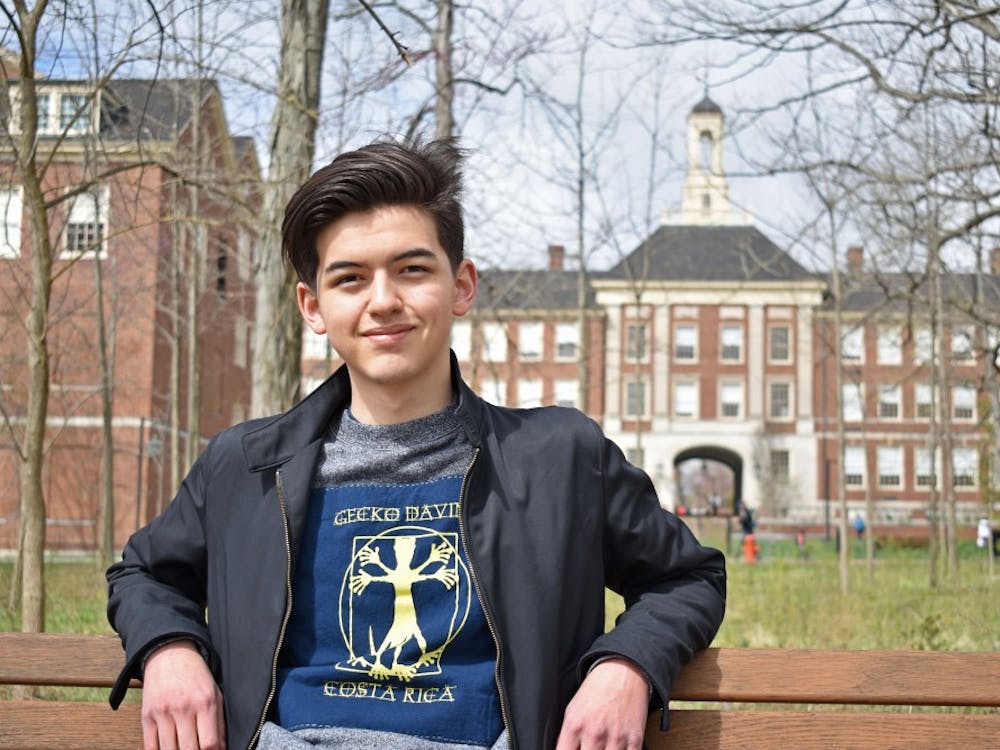STEM: Science, technology, engineering and music?
By Kelly McKewin | April 16, 2019Three hours of chemistry homework might be a typical afternoon for a STEM major, while three hours of rehearsal is the usual for a music performance major. But for Grace Draw, who chose to double major in both music performance and a STEM field, managing her musical schedule and schoolwork becomes a juggling act.














